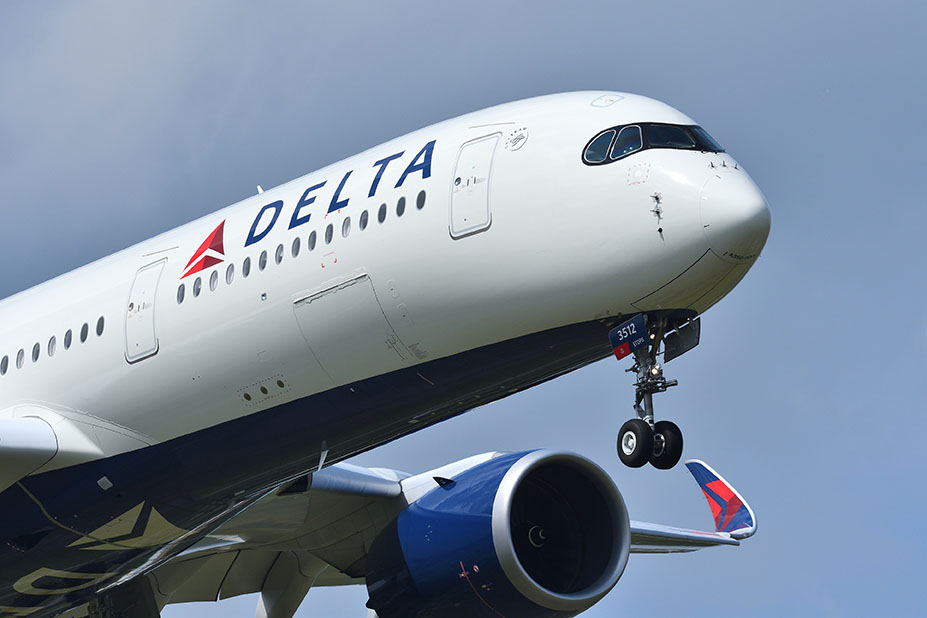
Delta Air Lines, listed on the NYSE:DAL, is a major American airline known for its extensive domestic and international flight network. The company competes with other major airlines like American Airlines and United Airlines. On July 10, 2025, Delta reported its earnings, revealing an EPS of $2.10, surpassing the estimated $2.01. However, its revenue of $15.51 billion fell short of the expected $16.18 billion.
Despite the revenue miss, Delta's stock surged by over 10% in premarket trading, reaching a four-month high. This increase was driven by the company's decision to reinstate its profit outlook for 2025, as highlighted by CNBC's Phil LeBeau. The reinstatement of the full-year guidance boosted investor confidence, contributing to the positive movement in the stock price.
Delta's adjusted EPS of $2.10 exceeded analysts' expectations of $2.08, while revenue remained stable at $16.65 billion compared to the previous year. Analysts had anticipated revenue of $16.41 billion. In the previous quarter, Delta had forecasted a revenue change between a 2% decrease and a 2% increase, with adjusted EPS ranging from $1.70 to $2.30.
Looking ahead, Delta projects third-quarter revenue to be flat or increase by up to 4%, with adjusted EPS between $1.25 and $1.75. Analysts predict revenue to remain approximately flat at $15.69 billion, with adjusted EPS of $1.36. Delta's full-year projections expect adjusted EPS between $5.25 and $6.25, with the midpoint significantly exceeding the analysts' consensus of $5.31.
Delta's financial metrics provide insight into its market valuation. The P/E ratio is approximately 8.92, indicating the market's valuation of its earnings. The price-to-sales ratio stands at about 0.53, suggesting investors pay 53 cents for every dollar of sales. The debt-to-equity ratio is approximately 1.44, showing the proportion of debt used to finance the company's assets relative to equity.